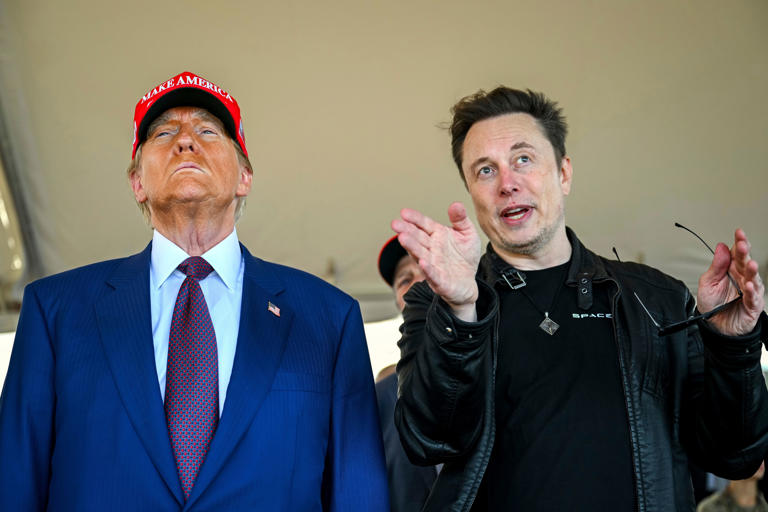Elon Musk, the billionaire behind Tesla, SpaceX, and now X (formerly Twitter), recently made waves by changing his name to “Kekius Maximus” on the platform. Along with the new name, he updated his profile picture to an edited image of Pepe the Frog dressed in ancient Roman armor, sparking a lot of conversation. So, what’s the deal with all this? Let’s break it down!
What Is Kekius Maximus?
Kekius Maximus is a memecoin – a type of cryptocurrency inspired by internet memes. Musk is no stranger to supporting memecoins, having previously endorsed Dogecoin, a coin that gained fame thanks to the viral Shiba Inu dog meme.
The name “Kekius Maximus” seems to be a playful mix of “kek” (a term for laughter from the game World of Warcraft) and Maximus Decimus Meridius, the legendary gladiator from the movie Gladiator. The memecoin’s value has already skyrocketed by 700% since Musk’s name change.
Musk even shared a photo of Pepe the Frog (a meme that’s taken on a life of its own) in Roman gear, touching a rock with the number “80” engraved on it, with the caption, “Kekius Maximus will soon reach level 80 in hardcore PoE.” “PoE” likely refers to the video game Path of Exile 2, which Musk has mentioned playing before.
So, What’s with Pepe and “Kek”?
While Pepe the Frog started out as a harmless meme created by artist Matt Furie, it’s sadly been co-opted by far-right groups over the years. These groups have used Pepe to spread hateful messages online. The meme has even been linked to the so-called “alt-right” movement, with people using the term “kek” (a word that originated from gamers and also refers to an ancient Egyptian god) as part of their online identity.
The kek meme has gained notoriety in far-right circles, where it’s even been used to describe a “deity” for online trolls. This mix of Pepe, kek, and hate-fueled ideologies has stirred some controversy.
Musk’s Connection to Far-Right Views
In recent years, Musk has faced criticism for his political stances. He’s shown support for Alternative for Germany, a far-right political party, and has previously echoed the “great replacement” conspiracy theory, which baselessly claims that white populations in the U.S. are being replaced by immigrants.
Though Musk’s meme choices might seem like harmless fun, they’re tied to a wider, more troubling context, especially when combined with his political associations.
What Does This All Mean?
By changing his name and profile picture on X, Musk is sending a very public signal of support for a memecoin. But the connection to far-right ideologies—through Pepe and the “kek” meme—has many people questioning his true intentions. Whether it’s just a joke or a more serious political statement, it’s clear that Musk is no stranger to controversy, and this latest move is adding fuel to the fire.
What do you think? Is Musk just playing around with internet culture, or is there a deeper message behind the memes? Let us know in the comments!
